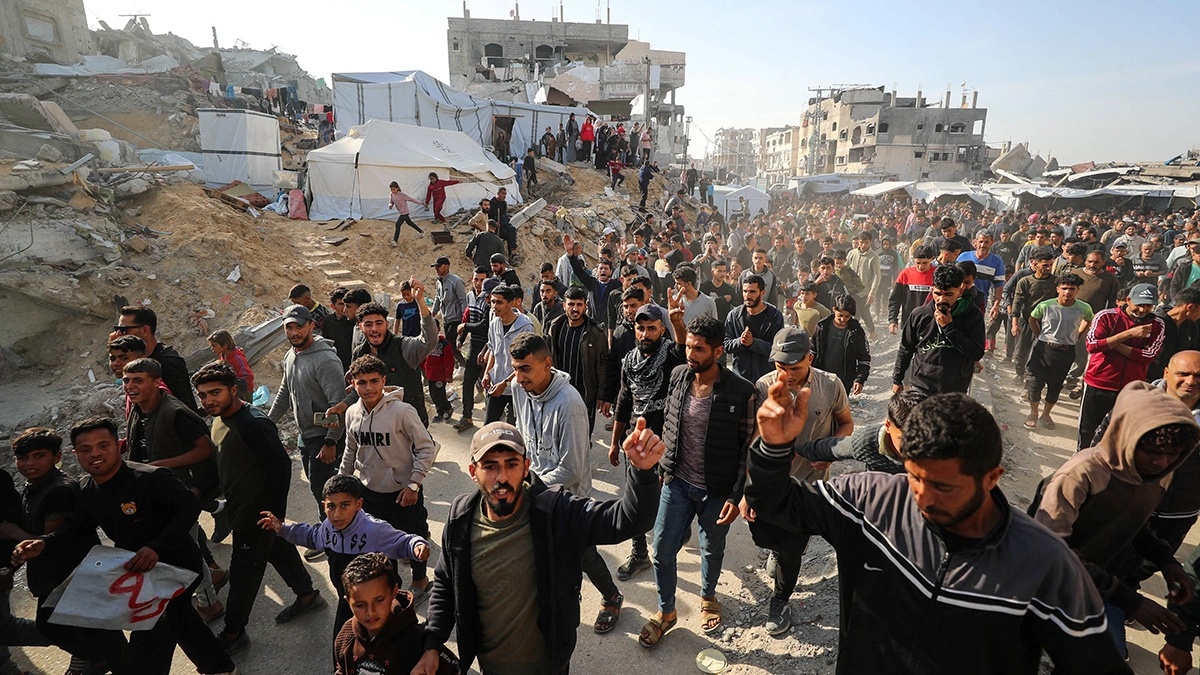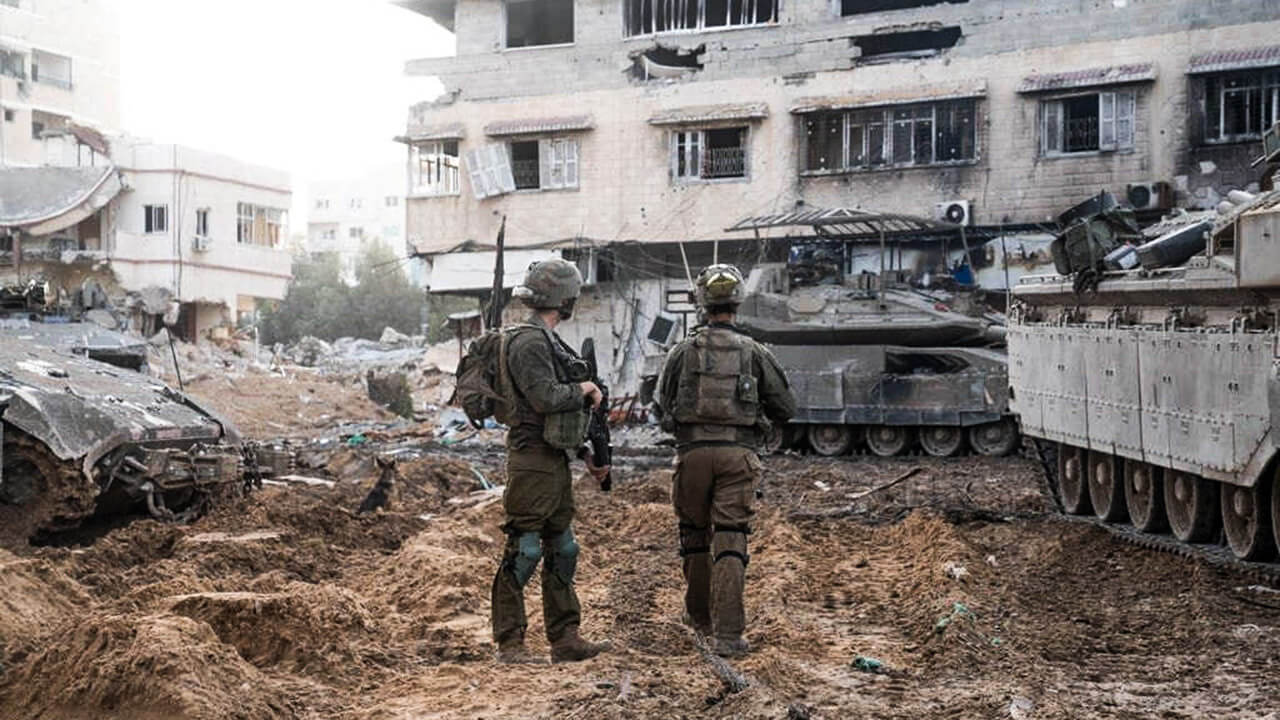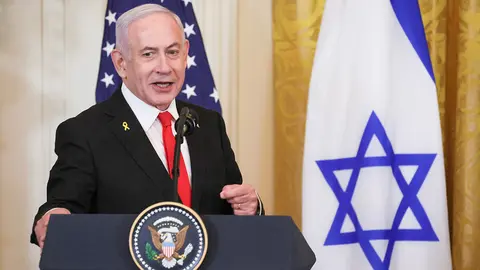Netanyahu insists on the occupation of Gaza

Benjamin Netanyahu, Prime Minister of Israel, appears determined to continue expanding the occupation of the Gaza Strip in order to annex the territory, despite strong internal divisions within the Israeli government he leads and despite international opposition and opposition from a significant portion of the national military leadership.
In this vein, the Israeli prime minister could propose expanding the occupation of the Gaza Strip that began in this latest phase with the start of the latest war in the territory launched by the Israeli army in response to the terrible attacks of 7 October 2023 organised by the Palestinian extremist group Hamas on Israeli territory, which left more than 1,200 dead and around 250 people kidnapped.
With this stance, Benjamin Netanyahu faces strong internal divisions within the government he leads, which is moving between fragile support and the discordant note provided by the most radical right-wing groups. He also has to deal with strong opposition from the international community, which continues to criticise Israeli military action in the Gaza Strip, which has already left tens of thousands of victims, and from the Israeli military leadership, which sees that the situation in Gaza has been at a standstill since the military operation in the Gaza Strip began almost two years ago.

Benjamin Netanyahu has thus entrenched himself in his position of occupying Gaza despite the widespread political isolation he is suffering, as various sources have indicated. According to various reports, the Israeli prime minister plans to take over the entire Strip, including the areas where Hamas and Islamic Jihad hostages are being held, but the annexation pits him against the army chief and is causing internal and foreign opposition due to such a belligerent stance.
The prime minister postponed until Thursday a meeting with his security cabinet, which was to include the ministers of defence and strategic affairs and the army chief of staff, to decide on the takeover of the Gaza Strip, apparently with the aim of expanding the occupation and military action.
This need for urgent decision-making is linked to the deadlock in negotiations with Hamas to achieve a ceasefire in the Gaza Strip and return to a situation of relative normality.
Qatar has been hosting indirect contacts between Israel and Hamas for months under its own mediation and that of the United States and Egypt. However, no comprehensive agreement has been reached to end hostilities. Benjamin Netanyahu made it clear after the attacks in October 2023 that Israel's goal was the total elimination of the radical Palestinian group, as well as the takeover of Gaza through military intervention.

The latest proposal agreed upon by the United States and Israel, with a 60-day deadline to reach a truce, was not approved by the extremist Palestinian group Hamas, and the war continues.
With the situation deadlocked, it appears that Benjamin Netanyahu intends to annex Gaza if Hamas does not agree to a ceasefire.
Various sources indicate that Israel could demand in these negotiations the maintenance of its military presence in more than 40% of the Gaza Strip, while Hamas would demand the total withdrawal of the Israeli army and a complete cessation of fighting.
However, some progress has been made in the negotiations regarding the entry of humanitarian aid into the affected area and the exchange of kidnapped Israeli hostages for prisoners.
The situation of political paralysis and continued military attacks in the Gaza Strip is causing great harm to the Gazan population, which numbers more than 2 million and is beset by all kinds of problems, including famine and lack of access to basic services.










